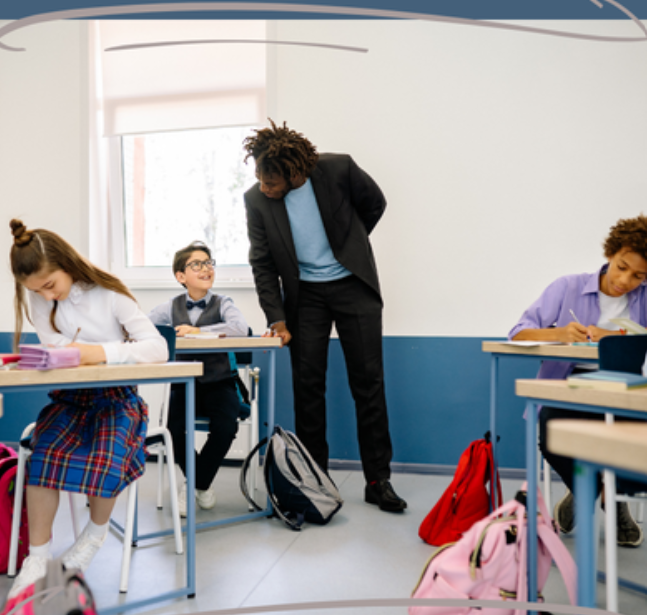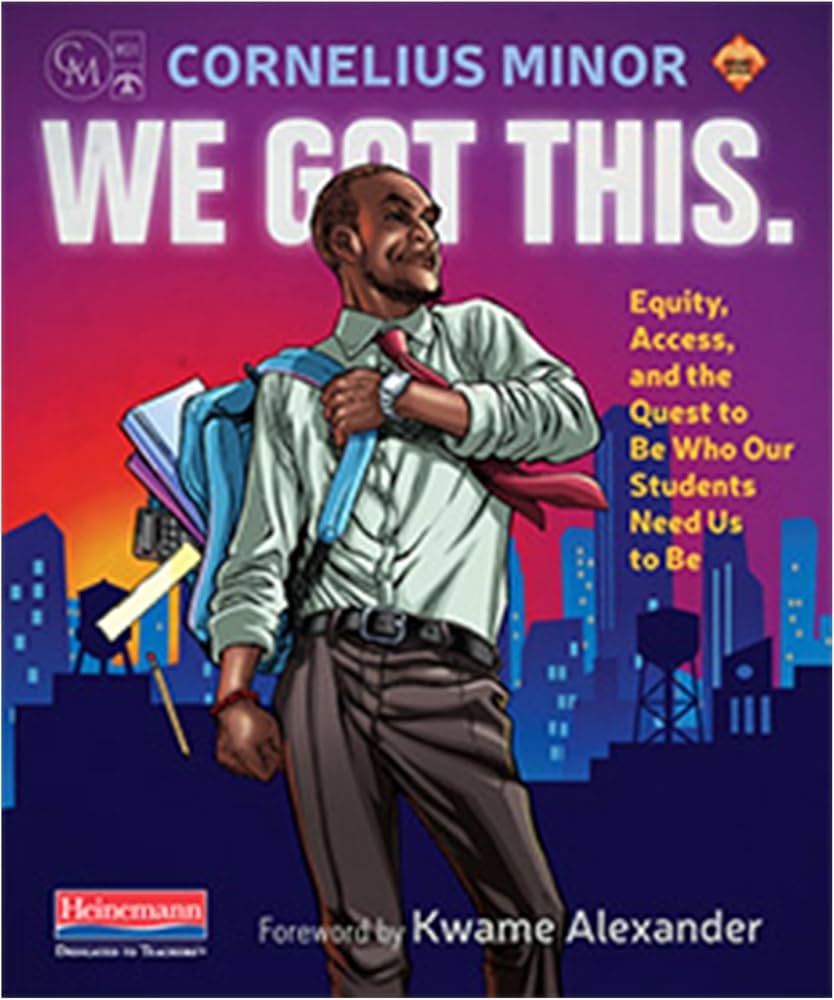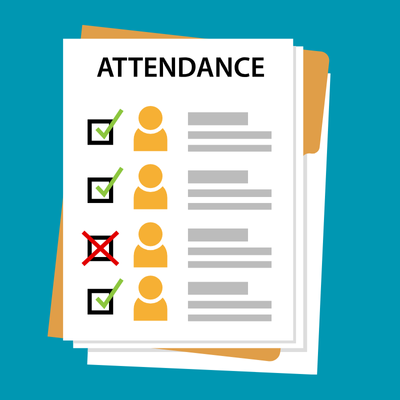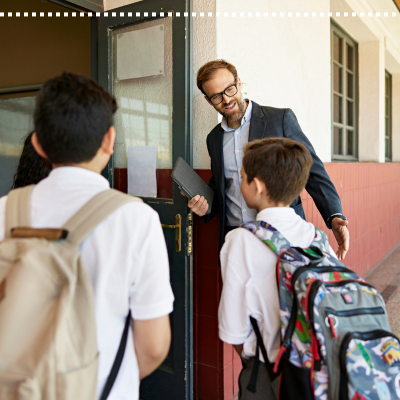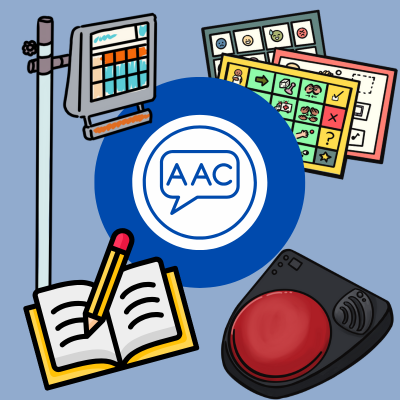Develop a schoolwide learning strategy toolkit
Structured routines and executive function lay the foundation for learning (see last month’s TTAC newsletter article). Once those foundations are in place, students need tools that help them think, communicate effectively, and solve problems independently. A schoolwide learning strategy toolkit provides this support by offering a small, shared set of thinking routines and academic strategies […]
Seeing students’ values in the classroom
Take a look around your classroom. What’s on the walls? Do you see anchor charts, mindset quotes, décor you love? Whose values are represented? In We Got This, Cornelius Minor (2019) reminds us that students are thinkers, problem-solvers, and meaning-makers whose values shape how they engage in learning). In Dare to Lead, Brené Brown (2018) […]
All about collaboration:
How special education teachers and paraprofessionals can create effective partnerships In today’s special education landscape, one prevalent challenge is staffing two licensed teachers in the classroom. In the instance where a co-teaching service delivery model is not possible, collaboration, a coordination of “efforts with others, including paraprofessionals, service providers, administrators, and families,” is paramount (Urbani […]
Support student learning with routines
Students learn content more deeply when the thinking and self-regulation skills behind learning are intentionally developed. Before we focus on advanced strategies, it is crucial to establish classroom systems that prepare students to engage, persist, and think independently. Two powerful levers for doing this are structured routines and executive function supports. Predictable routines help students […]
Bumper stickers and explicit instruction
In his memoir, Matthew McConaughey talks about bumper stickers, quick-hit lines that try to sum up something bigger, something true (McConaughey, 2020). In education, we have our own, “I do, We do, You do.” It sounds good, rolls off the tongue, and feels like wisdom on a teacher-lounge fridge magnet. But like a real bumper […]
From guidance to independence: The power of scaffolding in the classroom
Scaffolding is an essential instructional strategy that helps bridge the gap between what students currently know and what they are capable of with guidance. Originating from Vygotsky’s (1978) zone of proximal development, scaffolding involves providing temporary supports that enable learners to perform tasks they could not accomplish independently. As students gain understanding and confidence, these […]
The impact of chronic absenteeism on students with disabilities
Chronic absenteeism, commonly defined as missing 10 percent or more school days in an academic year, poses significant challenges for all students. The impact on students with disabilities is particularly complicated. These students are disproportionately affected by barriers to consistent attendance and face greater consequences when instructional time is lost (U.S. Department of Education, 2016). […]
Understanding and addressing the lasting impact of bullying
Current data highlight that bullying persists as a widespread and urgent issue that affects students’ sense of connection, emotional health, and academic achievement. The National Health Interview Survey, completed from July 2021 to December 2023, reveals that 34% of teenagers (ages 12-17) were bullied in the previous 12 months. This research highlights that bullying is […]
Precorrection: A proactive strategy to improve student behavior
It’s November, and Ms. Connelly notices several students have difficulty following the morning arrival routine. They talk loudly as they enter the classroom and hang up their bookbags. The morning tasks listed on the whiteboard are not being completed because students are socializing with each other and taking longer to complete their work. Ms. Connelly […]
The earliest intervention: Augmentative and Alternative Communication
Augmentative and Alternative Communication (AAC) has often been seen as a last resort for individuals with complex communication needs (CCN). Many people think there’s a specific order of tools to try before moving on to high-tech AAC systems. However, things are changing with the rise of iPads, user-friendly communication apps, and a wealth of research […]
